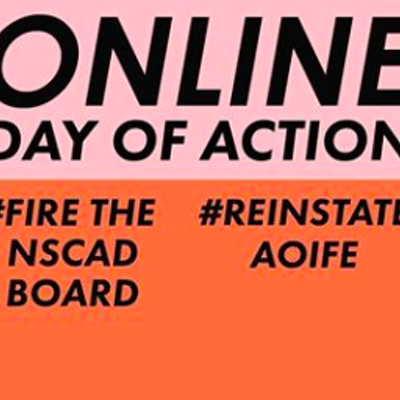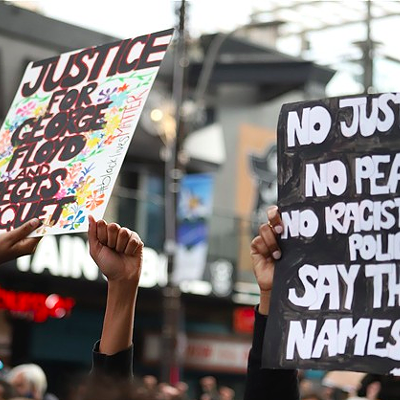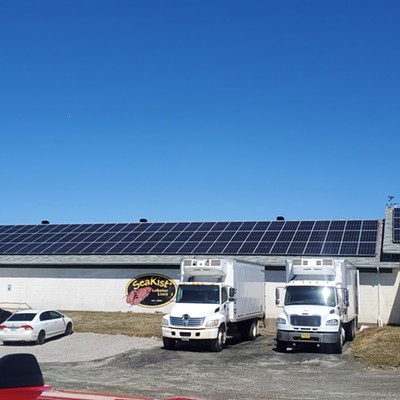14 November 2011
To:
Cathy Mellet, HRM Municipal Clerk
Nancy Dempsey, HRM Freedom of Information officer
Mary Ellen Donavan, HRM director of legal services
Richard Butts, HRM CAO
Dear Municipal officials:
This letter concerns two related matters.
First, as is widely reported, and as mayor Peter Kelly told me directly, Halifax council last Tuesday at its in camera session discussed the Occupy Nova Scotia group and municipal bylaws against camping in parks. Council’s Rules of Procedures, Sections 9.9-9.12 reads as follows:
(9) If it is determined by Council, following a recommendation of staff, that the release of minutes and other information identified as confidential, has the potential to unduly damage or embarrass or in other ways be detrimental to an individual or individuals, Council may decide to maintain the confidentiality of the information for a further specified or unspecified period of time. This clause will not, however, be used to protect an elected official from potential embarrassment or damage arising from a position taken, or remarks made, during In Camera meetings.Pursuant to these Rules of Procedure, I am requesting access to all in camera discussion information related to the matter referenced above, including minutes, background reports, votes taken (if any) and vote tallies.
(10) Minutes of meetings, reports and other information arising out of In Camera meetings, for which Council determines no legitimate reason exists to maintain such records for any period of time as confidential information, will be made available to the public upon request in writing to the Clerk.
(11) When any member of the public requests access to In Camera discussion information, which is classified as confidential, the Municipality, under the signature of the Chief Administrative Officer, shall provide reasons in writing addressed to the inquirer why such information is so classified.
(12) For the purposes of subsection (11), merely identifying the requested information as being access restricted because it is considered to be of a confidential nature will not constitute a satisfactory response to a request for information.
Second, the way last Tuesday’s in camera discussion came about concerns me. I refer back to Council’s Rules of Procedures, Sections 9.1- 9.3A, which read as follows:
9. (1) When Council or a Committee of Council meets In Camera to discuss any items designated in Section 18(5) of the Halifax Regional Municipality Act, the Clerk shall list such items at the end of the agenda of regular meetings of Council.When I asked mayor Kelly how it was that the Occupy Nova Scotia matter wasn’t placed at the end of last Tuesday’s council agenda as required by Sections 9.1, 9.2 and 9.3, he told me that the matter was placed on the in camera agenda in camera. On the face of it, this makes a mockery of Council’s Rules of Procedures, which are clearly intended to keep the public informed about which matters are being discussed in camera, before those discussions occur.
(2) In Camera agenda items shall be identified by the type of matter to be discussed, with additional information, where possible, to further identify the item but not as to disclose the confidential information.
(3) A brief description or summary of the subject matter of the items to be discussed In Camera shall be made available to Council no later than the commencement of the Council meeting at which time such items are intended to be discussed In Camera. Such a summary will identify the reason In Camera discussion is warranted.
(3A) When In Camera meetings are held on regular Council meeting days, they shall be scheduled to end at 4:30 p.m. in the Council Chamber, 1841 Argyle Street, Halifax. Council may, at the request of one or more of its members, and with the agreement of two-thirds majority of Council members present, agree to enter into In Camera discussions without meeting the requirements set out in subsections (2) and (3), provided however, that the request is supported by information which explains a legitimate reason for the necessity of In Camera discussions taking place.
It is true that Section 9.3A spells out that, with a two-thirds vote, council can agree to discuss an unagendized matter on the in camera agenda without meeting the requirements of 9.2 and 9.3, but only if that addition is explained by “a legitimate reason for the necessity of in camera discussions taking place.” But nowhere in section 9.3A does it read that the vote to “enter into in camera discussions without meeting the [above] requirements” may take place in camera; in fact, it’s clear that that vote should happen in public---how else can council then go to “into” in camera?
Stretching the limits of English grammar and logic in ways that only a sophist could appreciate, and holding utter disregard for the public’s right to know what’s going on in camera, it might be argued that even with all the above, the vote to go into in camera can be made in camera, but even then, Section 9.7, which requires that in camera votes be repeated “in open session,” applies---I’m not speaking just of the matter discussed, in this case the banning of camping, but also the vote to go into in camera discussion should have been repeated in open session.
I would like clarification on the above: When and how was the vote to go into in camera to discuss camping made? Was the vote to go into camera made in open session, and if not, how was that decision justified by council’s Rules of Procedure? Was the vote to go into in camera subsequently made in public? If not, why not? The matter discussed in camera--camping---is still not listed on the public agenda placed on the city’s website--why not?
When I discussed these issues with mayor Kelly, he told me that placing items on an in camera agenda in camera is “how it’s done.” This tells me that secretly deciding to hold secret discussions is a regular, normal procedure in Halifax council. I maintain this is an utter mockery of the public’s right to know what’s being discussed in secret.
But who knows? Maybe the city’s legal department can come up with some absurd line of legal reasoning to justify secretly adopting secret agenda items, common sense and the public be damned. I eagerly await that decision, so I can add it to my ever-growing collection of bureaucratic inanities. Still, even if the legal department does so humour me, there remains one issue.
Specifically: When do these secretly scheduled secret discussions ever become part of the public record? How is it possible for the public to exercise its right to request information about in camera discussions (as detailed in Sections 9.9-9.12) if the very existence of those in camera discussions is forever kept secret? I’ve made a cursory review of past council minutes, and I see nowhere where the addition of secret discussion items, much less decisions made through those secret discussions, are ever reported in a public format.
It occurs to me that a substantial body of council action is being kept from the public in contradiction of not just council’s Rules of Procedure but also of democratic accountability, which ought be the overriding concern.
So lastly, since the Clerk is required to keep in camera staff reports and minutes for five years (Section 9.8), I would like a detailed list of each and every instance, over the last five years, when council added in camera discussion items in camera, and what those discussions entailed.
Sincerely,
Tim Bousquet
News editor
The Coast
(902)422-6278 x113













